
Ignoring Nkrumah would mean neglecting the very essence of what it means to be Ghanaian—a legacy rooted in the struggle for freedom, dignity, and self-determination.
Ghana, a nation rich in history and culture, stands as a beacon of hope and progress in West Africa. The country’s journey to independence and nationhood is inextricably linked to the legacy of its founding father, Kwame Nkrumah.
While contemporary leaders, including President Nana Addo Dankwa Akufo-Addo, play significant roles in shaping the nation’s future, it is essential to recognize and honor the foundational contributions of Nkrumah. Asserting that he remains the true architect of Ghana’s independence and identity.
To understand Nkrumah’s significance, one must first appreciate the historical context of Ghana’s struggle for independence which we believe the President lacks. The Gold Coast, as it was known during colonial rule, was subjected to British exploitation and oppression.
The early 20th century saw a rise in nationalist sentiments across Africa, with various movements advocating for self-determination. Nkrumah emerged as a prominent figure in this struggle, advocating for the rights of Ghanaians and the broader African populace.
Kwame Nkrumah’s vision for Ghana was rooted in the principles of Pan-Africanism, socialism, and self-governance. He believed that true independence extended beyond political freedom; it encompassed economic self-sufficiency and social justice. Nkrumah’s philosophy was encapsulated in his famous declaration: “We must unite to build a new Africa.”
This vision was not merely about Ghana but about the entire African continent, which he believed should stand together against colonialism and imperialism.
Nkrumah’s leadership was characterized by his ability to mobilize the masses. He Vision for Self Government now, which became the vehicle for the independence movement. His charisma and oratory skills galvanized the people, leading to widespread support for the cause of independence. Nkrumah’s relentless activism culminated in Ghana becoming the first sub-Saharan African country to gain independence on March 6, 1957.
If President Akufo-Addo care to know, Nkrumah’s tenure as the first Prime Minister and later President of Ghana was marked by significant achievements. He implemented policies aimed at modernizing the economy, improving education, and promoting industrialization. The establishment of the Ghana National Trading Corporation and the construction of infrastructure projects, such as the Akosombo Dam, were pivotal in laying the groundwork for economic development.
However, the suppression of dissent and the curtailment of lies by the Danquah Busia fraternity led to growing discontent among the populace. In 1966, Nkrumah was overthrown in a military coup, marking a tumultuous end to his presidency. We will resist any attempt to distort history.
Despite the challenges he faced, Nkrumah’s legacy endures in Ghana and beyond. He is celebrated as a symbol of African liberation and unity. His vision of a united Africa continues to inspire contemporary leaders and movements advocating for Pan-Africanism. The African Union, established in 2001, reflects Nkrumah’s ideals of continental unity and cooperation.
While it is essential to acknowledge the contributions of contemporary leaders like President Akufo-Addo, it is equally important to recognize that their achievements are built upon the foundation laid by Nkrumah. Akufo-Addo’s administration has focused on economic growth, education, and infrastructure development, but these efforts must be viewed within the broader historical context of Ghana’s journey.
Nkrumah’s vision of self-reliance and economic independence remains relevant today. As Ghana navigates the complexities of globalization and economic challenges, the principles espoused by Nkrumah can serve as guiding lights for current and future leaders. Ignoring Nkrumah’s contributions would be a disservice to the nation’s history and identity.
In a rapidly changing world, the importance of historical memory cannot be overstated. Understanding the past is crucial for shaping the future. Nkrumah’s life and legacy offer valuable lessons about leadership, resilience, and the pursuit of justice. As Ghana continues to evolve, it is imperative that citizens and leaders alike draw inspiration from Nkrumah’s ideals.
The narrative of Ghana’s independence should not be overshadowed by contemporary politics. Instead, it should serve as a reminder of the sacrifices made by those who fought for freedom. Nkrumah’s story is one of hope, determination, and the belief that a better future is possible through collective action. The president shouldn’t throw dust in our eyes.
In conclusion, while President Akufo-Addo and other contemporary leaders play vital roles in Ghana’s development, it is essential to recognize and honor the foundational contributions of Kwame Nkrumah. His vision, leadership, and unwavering commitment to the ideals of independence and unity have left an indelible mark on the nation. As Ghana moves forward, it must do so with a deep appreciation for its history and the figures who shaped its destiny. Ignoring Nkrumah would mean neglecting the very essence of what it means to be Ghanaian—a legacy rooted in the struggle for freedom, dignity, and self-determination.
Long live Nkrumah
Long live mother Ghana.
By.
Dr Patrick Ekye Kwesie
Leader: Western Nzema Youth league
Beyin Jomoro Municipality-Ghana
The post Nkrumah unequivocally remains the progenitor of Ghana first appeared on 3News.
Read Full Story

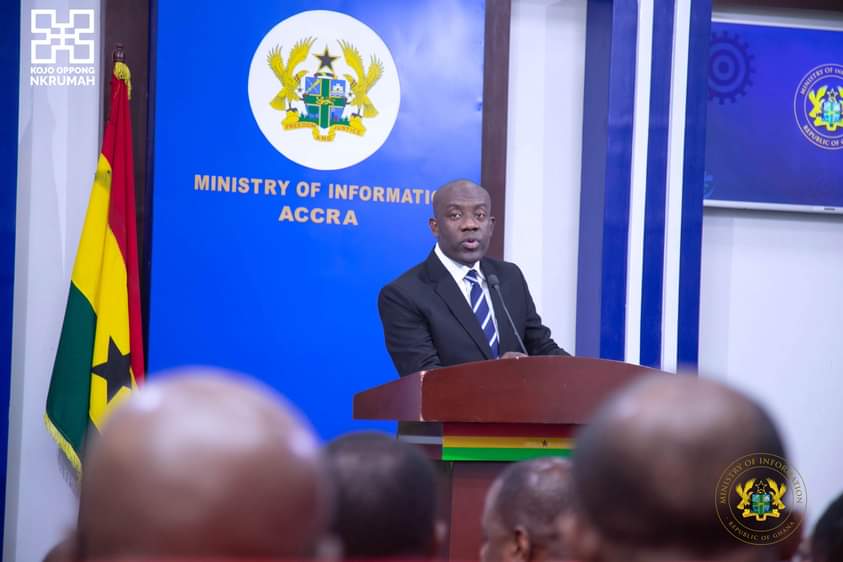

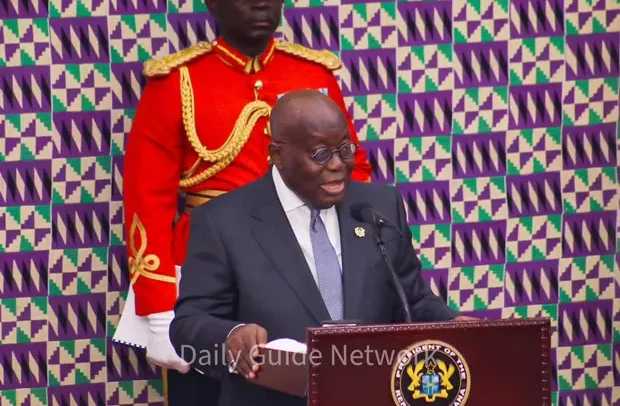

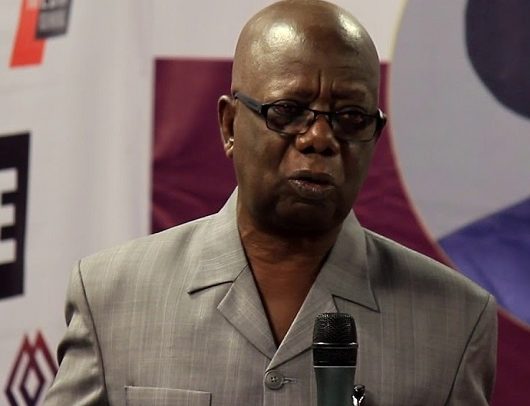








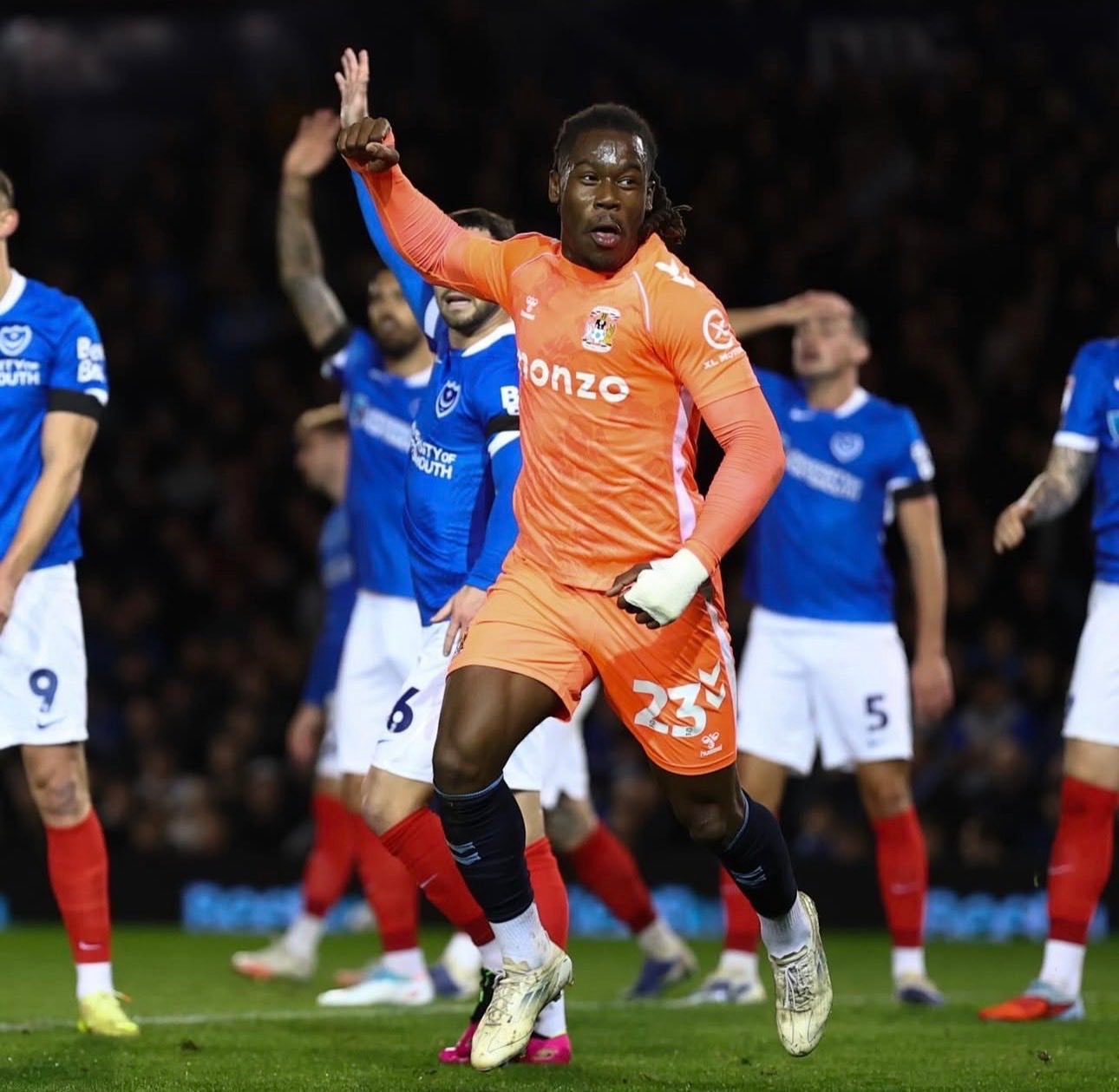





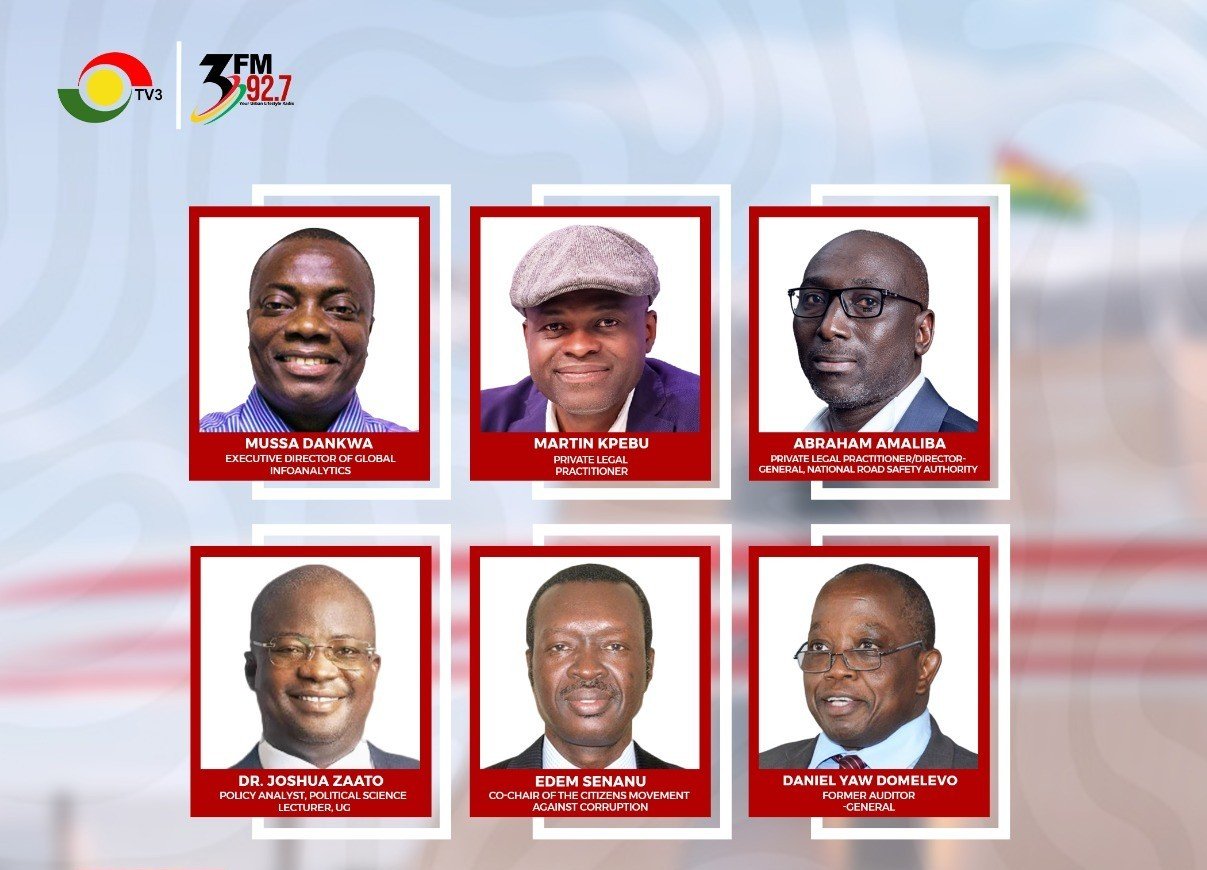
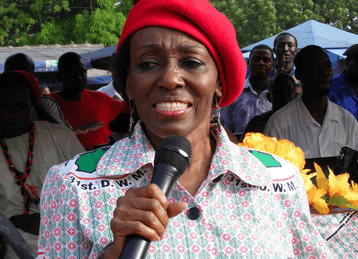



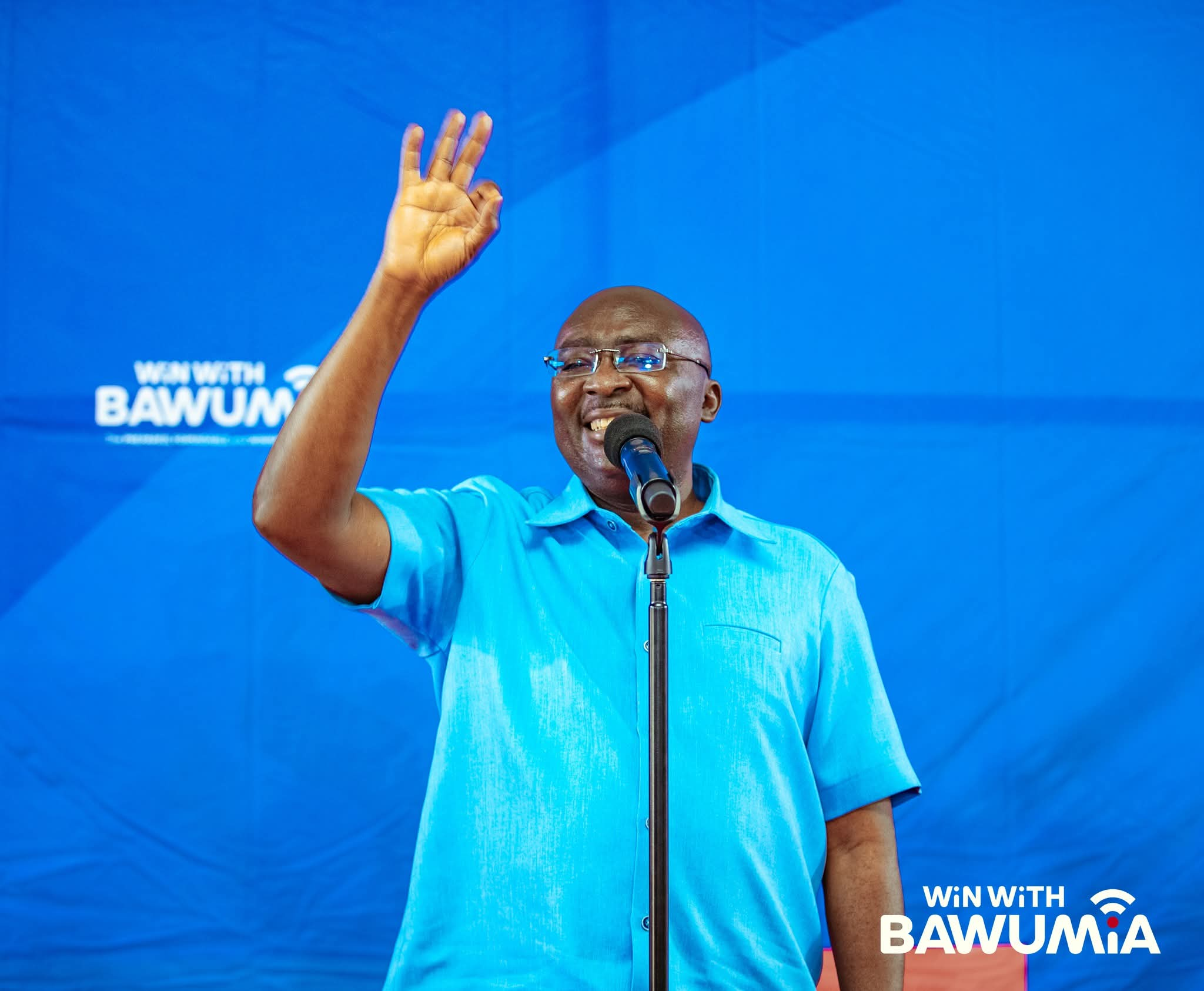
Facebook
Twitter
Pinterest
Instagram
Google+
YouTube
LinkedIn
RSS